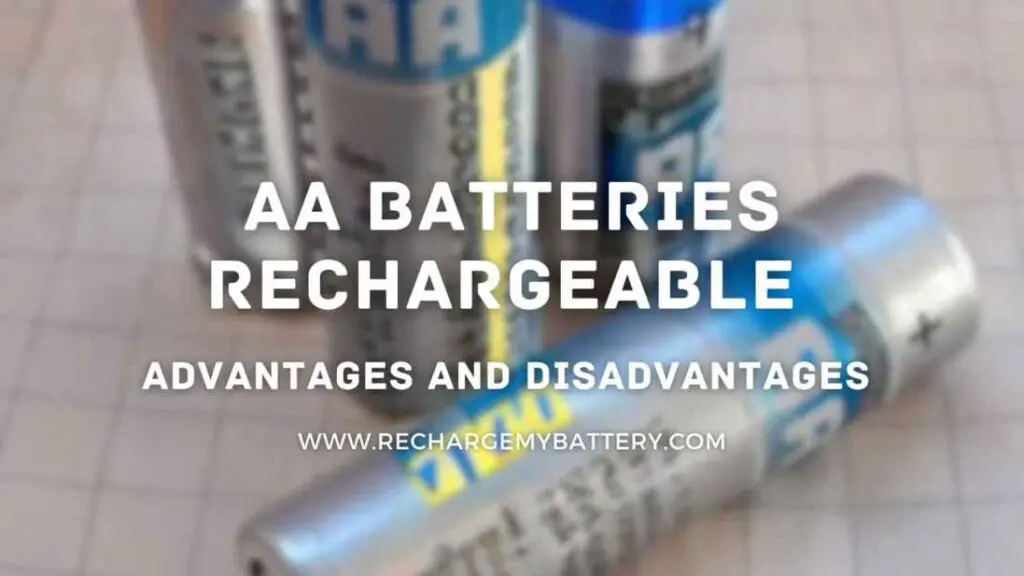In today’s world, where owning a car has become a necessity for many people, encountering a dead car battery can be a frustrating experience. It usually happens at the most inconvenient times, leaving you stranded and wondering how to get your car back on the road. One solution that may come to mind is using a 12-volt rechargeable battery to jump-start your car. But can it really do the job effectively? In this article, we will explore the capabilities and limitations of 12-volt rechargeable batteries when it comes to jump-starting a car.
1. Introduction
A dead car battery is a common issue faced by many drivers, and knowing how to jump-start a car can be a valuable skill. In this article, we will focus on the feasibility of using 12-volt rechargeable batteries for jump-starting a car.
2. Understanding Car Batteries
Before diving into the details, let’s first understand the basics of a car battery. Car batteries are typically lead-acid batteries, which provide the necessary electrical power to start the engine and operate various electrical systems in the vehicle.
3. The Function of a Car Battery
The primary function of a car battery is to supply a burst of electrical energy to the starter motor, which turns the engine over and starts the combustion process. Once the engine is running, the alternator takes over the responsibility of generating electricity and also recharges the battery.
4. Jump-Starting a Car: How It Works
Jump-starting a car involves using a separate power source to provide the initial electrical boost required to start the engine. Traditionally, jumper cables connected to another vehicle’s battery have been used for this purpose. However, using a 12-volt rechargeable battery is an alternative method that some people consider.
5. Can a 12-Volt Rechargeable Battery Be Used?
Yes, a 12-volt rechargeable battery can be used to jump-start a car, but it has its limitations. While it can provide the necessary electrical power to start the engine, it might not have the same cranking power as a dedicated car battery. Therefore, it is crucial to consider a few factors before relying solely on a 12-volt rechargeable battery for jump-starting purposes.
6. Factors to Consider
Several factors should be taken into account when considering the use of a 12-volt rechargeable battery for jump-starting a car:
a) Battery Capacity:
The capacity of the 12-volt rechargeable battery plays a significant role. Higher-capacity batteries are capable of delivering more electrical power, increasing the likelihood of successfully jump-starting a car.
b) Engine Size:
The size of the car’s engine is another crucial factor. Larger engines require more power to start, and a 12-volt rechargeable battery might struggle to provide the necessary cranking amps.
c) Battery Age and Condition:
The age and condition of the car’s battery also impact the effectiveness of jump-starting. If the battery is old or in poor condition, it may not hold a charge efficiently, making it more challenging to jump-start the vehicle.
7. Pros and Cons of Using a 12-Volt Rechargeable Battery
Using a 12-volt rechargeable battery for jump-starting a car has both advantages and disadvantages:
Pros:
- Portability: 12-volt rechargeable batteries are typically lightweight and easy to carry, making them a convenient option for emergency situations.
- Versatility: These batteries can also be used to power other electronic devices and equipment, providing additional functionality beyond jump-starting a car.
Cons:
- Limited Power: Compared to dedicated car batteries, 12-volt rechargeable batteries may have limited cranking power, which could make them less effective in certain scenarios.
- Compatibility Issues: Not all car batteries are the same, and a 12-volt rechargeable battery may not be compatible with certain vehicle models or engine sizes.
8. Safety Precautions
When attempting to jump-start a car, it is essential to follow safety precautions:
- Read the vehicle’s owner’s manual for specific instructions and precautions.
- Ensure both the 12-volt rechargeable battery and the car’s battery are of the same voltage.
- Use appropriate jumper cables or connectors to connect the batteries.
- Avoid touching the battery terminals or allowing the cables to come into contact with each other.
- Follow the correct sequence when connecting and disconnecting the cables.
9. Other Alternatives for Jump-Starting a Car
If using a 12-volt rechargeable battery doesn’t seem like the best option for your situation, consider the following alternatives:
- Traditional Jumper Cables: Use jumper cables connected to another vehicle’s battery.
- Portable Jump Starters: Compact devices specifically designed for jump-starting cars.
- Roadside Assistance: Contact a professional service provider for assistance.
Conclusion
In conclusion, while it is possible to use a 12-volt rechargeable battery to jump-start a car, it may not always be the most effective or reliable method, depending on various factors. It is crucial to consider the battery’s capacity, the size of the engine, and the overall condition of the car’s battery. Additionally, following safety precautions is essential to avoid any mishaps during the jump-starting process.
FAQs
Q1. Can I use any 12-volt rechargeable battery to jump-start a car?
While most 12-volt rechargeable batteries can provide a boost, it is recommended to use one with sufficient capacity and compatible specifications.
Q2. How long can a 12-volt rechargeable battery sustain a jump-start?
The duration depends on the battery’s capacity and the specific requirements of the car’s engine. It is advisable to consult the battery’s manufacturer guidelines.
Q3. Can I use a 6-volt rechargeable battery to jump-start a car?
No, using a 6-volt battery to jump-start a car with a 12-volt electrical system is not recommended, as it may not provide the necessary power.
Q4. What should I do if jump-starting with a 12-volt rechargeable battery doesn’t work?
If jump-starting fails, it is advisable to consult a professional mechanic or contact a roadside assistance service for further assistance.
Q5. Are there any risks associated with jump-starting a car?
Jump-starting a car carries certain risks, such as electrical shock, damage to the vehicle’s electrical system, or injury from improper handling. It is crucial to follow safety guidelines and take necessary precautions.

